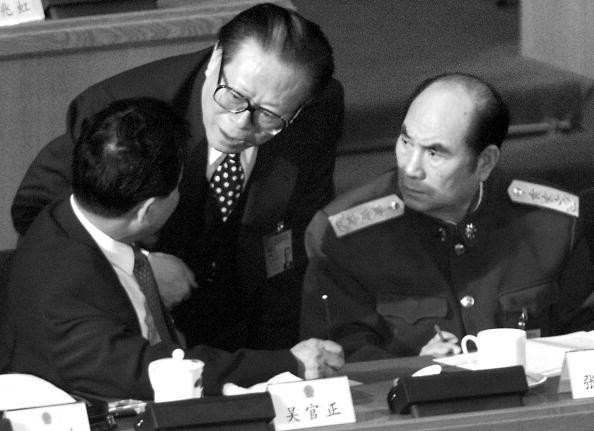Read the series here: Unbridled Evil
Chapter Seven: Western Companies Collaborate with Evil Regime (Part II)
Section 3: Academia Complies with CCP’s Wishes- Western China Scholars and Universities Acquiesce
The West’s Hypocrisy
Consequences When Western Scholars Are Bought
- Unfettered Opening of the U.S. Market to China
Paying Only Lip Service to ‘Freedom’ and ‘Human Rights’
Rogue Regime Baffles the West
Working with a Rogue Regime
- America: Founded on Faith and Sociability
Deterioration of Western Civilization
Two Historic Opportunities the US Missed
The Price of Not Upholding Justice
Barbarism Afraid of U.S. Intervention





